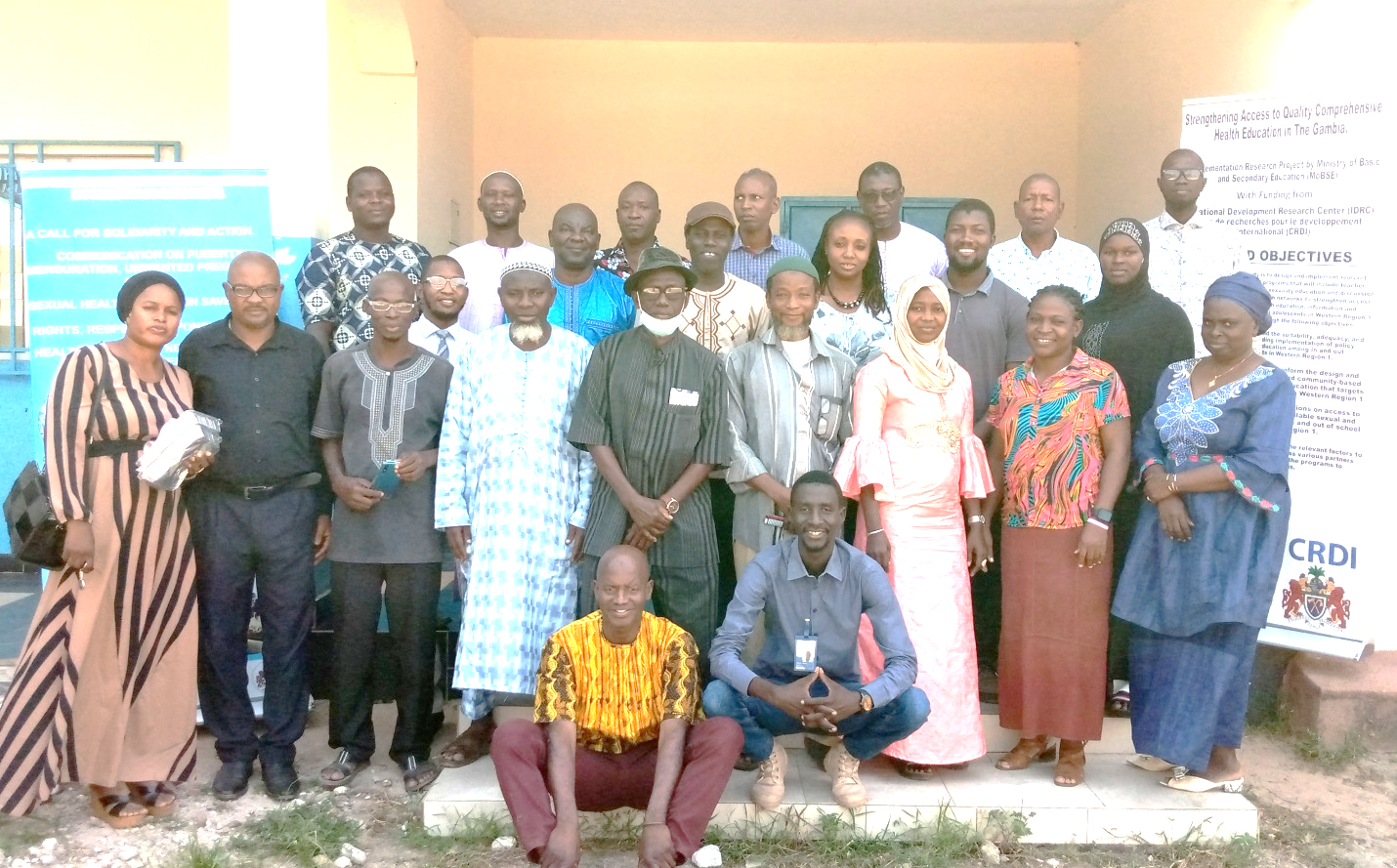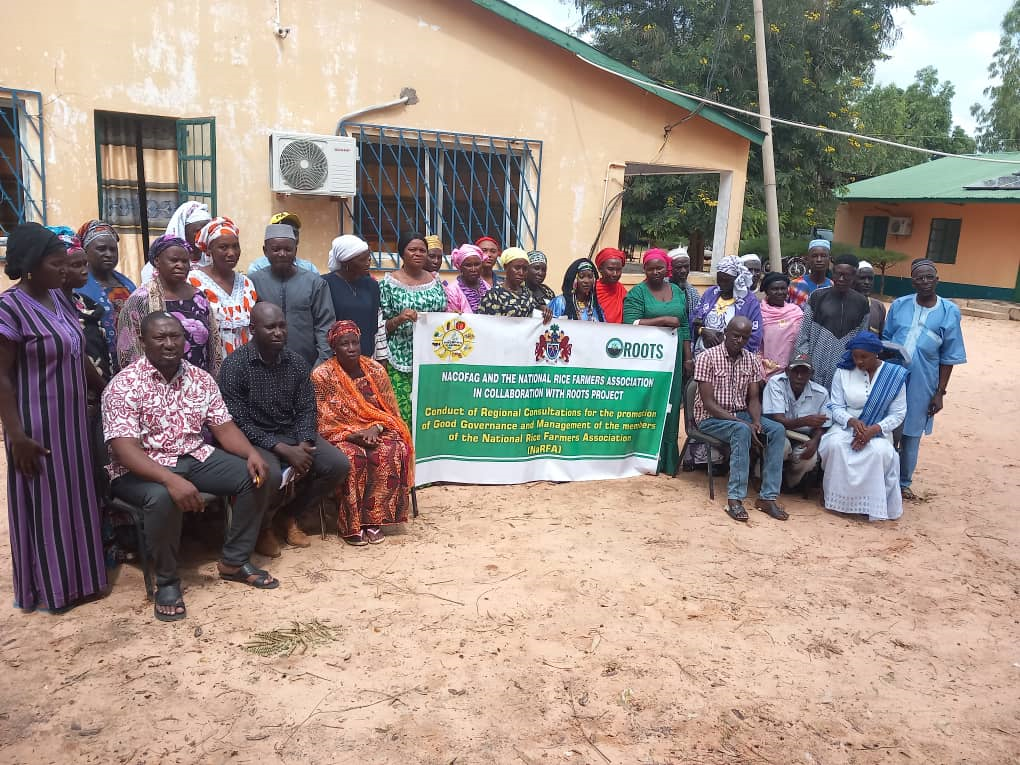By Yunus S Saliu
The Curriculum Research, Evaluation and Development Directorate (CREDD) under Ministry of Basic and Secondary Education (MoBSE), Tuesday, 16th November, 2021 introduced Comprehensive Health Education (CHE) to the School of Education – Gambia College, Brikama.
The introduction of the CHE by the team initiated an educational relationship between the college and the directorate, as it will help to develop adolescent sexual and reproductive health (ASRH) issues educational materials, training of more teachers on comprehensive health education (CHE) as regarding to sexual reproductive health issues in particular that the education curriculum is presently under review.
CHE under Strengthening Access to Quality Comprehensive Health Education in The Gambia, is an implementation research project done by the Ministry of Basic and Secondary Education (MoBSE) funded by International Development Research Center (IDRC). And it is meant to enlighten and educate in and out-of-school students on adolescent sexual and reproductive health (ASRH).
The forum was attended by head of School of Education, principal lecturers; senior lecturers; heads of department; head of quality assurance lecturers; senior officials of the CREDD; CHE team and among others.
Madam Isatou Ndow, Vice Principal, Gambia College, applauded the CHE team while informed the gathering about the efforts of the CREDD at the education ministry.
She disclosed that the research findings as conducted by the CHE team have been presented in different forums “and here in the Gambia College and School of Education is a partner,” and the college impact is very important.
With the package, including training, she said “looking at it, it is not cost effective as it is not everybody will be able to retrain at the same time. But when we have the package at The Gambia College here we would be able to train a lot of students who will go out and teach students that was the reason of having population and family life, gender, HIV and all the emerging issues.”
She noted that all mentioned and others, in the past, were under SES department but later on separated.
Mr Momodou Jeng, Director of CREDD expressed delights for the warm reception accorded his directorate and the CHE team by the School of Education to share the result of the research findings on CHE with them.
He gave a comprehensive background of the project – Strengthening Access to Quality Comprehensive Health Education in The Gambia adding that it is necessary “to give you an in-depth background CHE to see how we can also collaborate to make it a successful replacement of the previous initiative program.”
He reminded of the previous initiative program base or standalone project base intervention and “we know the challenges with those types of intervention; once the project faces out, the intervention is almost as dead.”
Mr Jeng noted that the initiative of PoP/FLE was very good but because it was a project base which was not properly integrated into the mainstream curriculum “so we are now taking this opportunity to properly address this – CHE.”
He however disclosed some challenges of CHE saying it is very clear as the challenges are around STIs; teenage pregnancy; the use of tobacco among others which that need to be addressed.
He applauded IDRC for supporting the project in The Gambia with the view of looking at the gaps and come with strategy to adopt in a more sustainable way as regarding how to properly integrate on whatever dimension to use to integrate it into school curriculum at the level of the college and the school curriculum at the Ministry of Education.
As a Ministry, he said, “we already committed to be part of this to see how we can properly integrate CHE into the curriculum.”
The principal investigator for Strengthening Access to Quality Comprehensive Health Education for in-and-out of School Adolescents in The Gambia, Phebian Ina Grant-Sagnia, made a detail presentation on meaning of Comprehensive Health Education; aims and objectives of the project; project study methods; package of interventions to address CHE issues and lots more.
Ms Grant-Sagnia disclosed concern about adolescent sexual and reproductive health saying it has grown over the past years due to unprecedented increasing rates sexual and reproductive health infections; early sexual debut, teenage and unplanned pregnancies.
However, she said it is a 5-year project which will be implemented in Region 1 targeting over forty schools which included public and private and out-of-school adolescents in the community.





